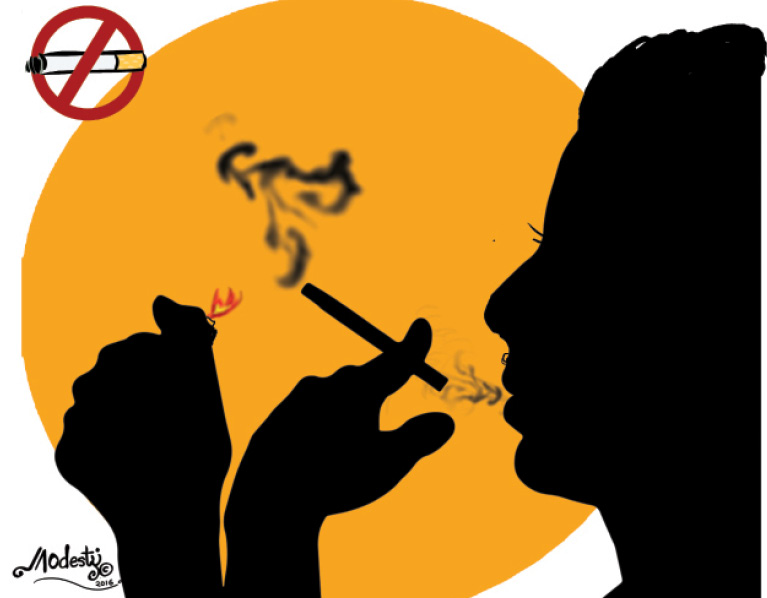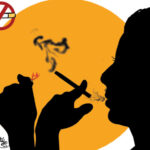A research associate, the Centre for the Study of the Economies of Africa, Austin Iraoya, says smoking kills about 29,000 Nigerians every year.
According to him, Nigeria’s health system spends about N526bn annually on tobacco-induced diseases.
“Most of this money comes from out of pocket expenditure. This is a serious economic burden to Nigeria. Government makes only 10 per cent from tobacco taxes from this expenditure,” Iraoya said.
He spoke in Abuja on Monday at a press briefing marking this year’s World Tobacco Day.
Executive Director, Corporate Accountability and Public Participation Africa, Akinbode Oluwafemi, said smoking had been on the increase in Africa with Nigeria still importing tobacco leaves from about 44 countries.
“In the manufacturing of cigarettes, tobacco companies are believed to contribute 84 megatons of carbon dioxide equivalent to greenhouse gases.
“Disturbingly, because of stringent laws in the Global North, most of the tobacco corporations have relocated to low and middle-income countries like Nigeria.
He said despite the ban by the National Broadcasting Corporation, the Big Brother Naija show, a Pay-TV programme watched by adults and children alike, “smoking among housemates is allowed and even promoted.”
Sub-regional Coordinator for West Africa, Hilda Ochefu, urged the government to enforce the law on Designated Smoke Areas.
Meanwhile, the World Health Organisation (WHO) has called on African governments to impose environmental tax levies on tobacco across the value and supply chains.
WHO Regional Director for Africa, Matshidiso Moeti made the call Monday in her statement to mark this year’s World No Tobacco Day.
She said this should include production, processing, distribution, sales, consumption and waste management.
She said: “The emergence of new products, such as electronic nicotine and tobacco products are also proving attractive to youths, compounding the concerns.
“With 44 of WHO African region’s 47 countries having ratified the WHO Framework Convention on Tobacco Control, which commits them to adopting effective and evidence-based measures to curb tobacco consumption, the need to address related environmental damage has seen WHO redouble its efforts to counter the overall threat.”
According to her, the environmental impacts of tobacco farming include massive use of water which is a scarce resource across most of the continent along with large-scale deforestation and contamination of our air and water systems.
She noted that tobacco cultivation exposes farmers to several health risks, including “green tobacco sickness which is caused by nicotine absorbed through the skin during the handling of wet tobacco leaves as well as exposure to pesticides and tobacco dust.”
She enjoined countries in the region to accelerate the implementation of the WHO Framework Convention on Tobacco Control which provides the necessary guidance to advance the creation of smoke-free environments, create programmes to support tobacco users to quit and support the application of excise tax and other financial countermeasures.

 Join Daily Trust WhatsApp Community For Quick Access To News and Happenings Around You.
Join Daily Trust WhatsApp Community For Quick Access To News and Happenings Around You.

